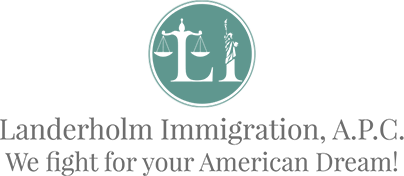Immigrants going through the lawful process often must rely upon a sponsor. But what if that sponsor is also their violent abuser? In such cases, the abuser could use their immigration sponsorship as another element in their abuse, by threatening to deny their victim their basic rights.
If you are in the legal immigration process and you’ve been the victim of domestic violence and abuse, you may be eligible to self-petition via the Violence Against Women Act (VAWA). Under this immigration policy, the immigrant may look to self-petition, taking the power out of the hands of their abuser.
What is Needed in the Violence Against Women Act Self Petition?
You may be able to get your green card and become a lawful permanent resident (LPR) in the United States without the knowledge or involvement of your abusive sponsor. Typically, one would require a US citizen to sponsor their immigration. But in instances of abuse where the immigrant qualifies for VAWA, the survivor may petition for their own immigration.
In the self-petition, you must prove that you are an individual of good moral character and that you have suffered “extreme cruelty” from your abusive US sponsor. This is a complex area of immigration law and could benefit from lawyers with experience handling VAWA cases.
Who is Eligible for VAWA?
To be eligible, you must be an immigrant who has suffered battery and/or “extreme cruelty” from a US citizen spouse or ex-spouse, a US citizen parent, a US citizen son or daughter, an LPR spouse or former spouse, or an LPR parent. Though we tend to think of abuse as being physical in nature, emotional abuse may also qualify.
While VAWA expressly mentions women in the name, men and children can also qualify for protections under the law if they have been the victims of abuse.
Can Family Members Be Included in the VAWA Application?
In the application for the Violence Against Women Act, you may be able to name certain close family members to be your derivatives. Your children who are under age 21 and who are not married can be included at the time of the petition, even if they are the children of the abuser. If the abuser is your child, however, then no other family members can typically be named as derivatives.
No one should have to suffer abuse. And no abuse survivors should have to fear that they could be deported if they speak out against their abusers. With VAWA, survivors are given some control over their own immigration process, and protection from the people who would seek to do them harm.

